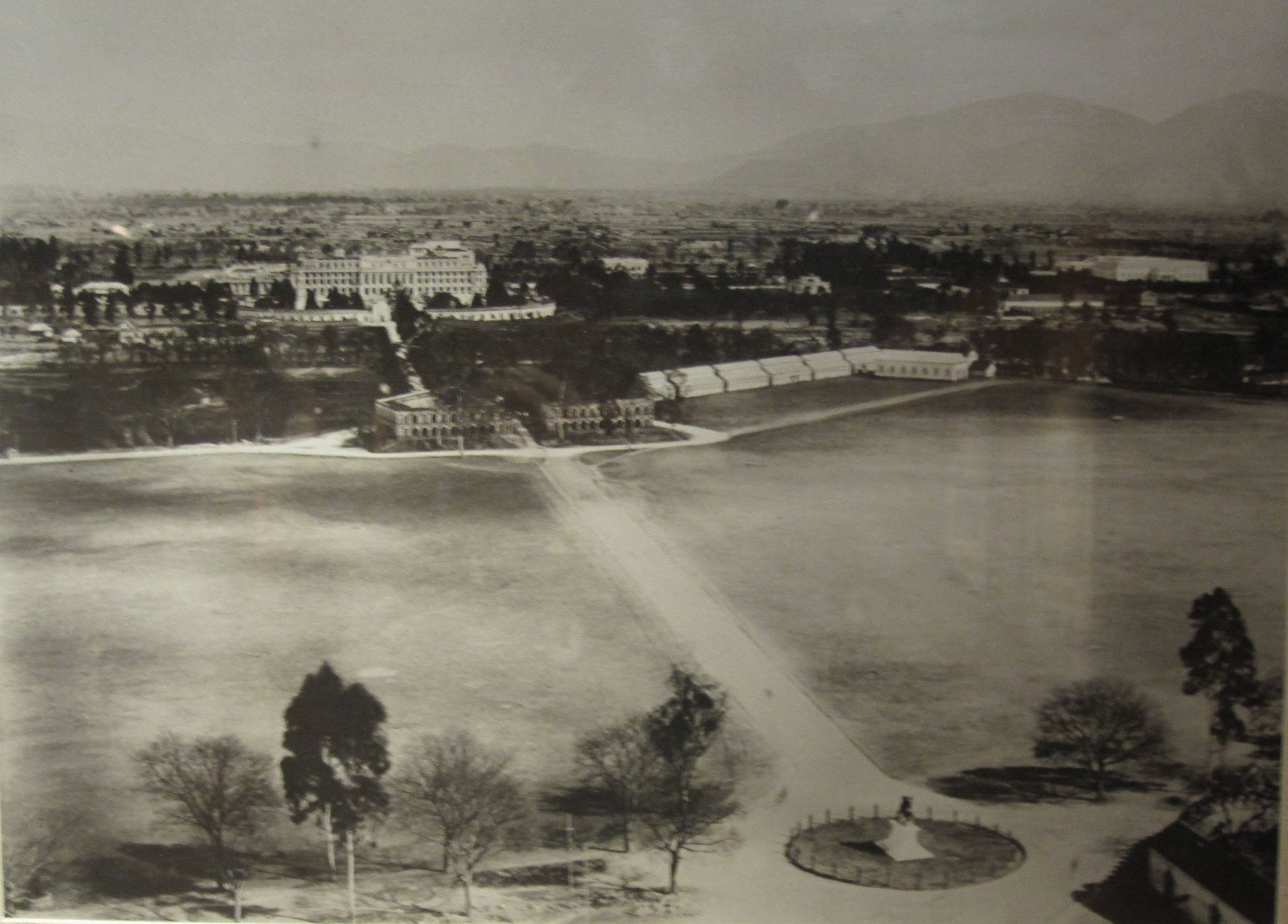|
Kirti Nidhi Bista
Kirti Nidhi Bista ( ne, कीर्तिनिधि विष्ट; 15 January 1927 – 11 November 2017) was a Nepali politician and 25th Prime Minister of Nepal. Biography Bista was born in Thamel, Kathmandu, Nepal in 1927. He served as prime minister of Nepal from 1969 to 1970, 1971 to 1973 and 1977 to 1979. He was minister of finance from 1969 to 1970 and from 1971 to 1973 AD. After the coup d'état of King Gyanendra in 2005 AD, Bista was appointed one of the vice-chairmen until the government collapsed in April 2006 after the people's uprising. He is best remembered for resigning from the prime ministerial post after Singha Durbar Singha Durbar ( ne, सिंहदरवार, lit=Lion's Palace) is a palace in Kathmandu, the capital of Nepal. The palace complex lies in the centre of Kathmandu, to the north of the Babar Mahal and Thapathali Durbar and east of Bhadra ... burned down in 1973. Bista died at his residence in Gyaneshwor on 11 November 2017. He wa ... [...More Info...] [...Related Items...] OR: [Wikipedia] [Google] [Baidu] |
Singha Durbar
Singha Durbar ( ne, सिंहदरवार, lit=Lion's Palace) is a palace in Kathmandu, the capital of Nepal. The palace complex lies in the centre of Kathmandu, to the north of the Babar Mahal and Thapathali Durbar and east of Bhadrakali Temple. This palace was built by Chandra Shumsher JBR in June 1908. The palace used to be one of the most exquisite and lavish of palaces in the world until the 1950s. Today it houses buildings of the Nepali Government, including the Pratinidhi Sabha, the Rastriya Sabha and several ministries. History Singha Durbar was built by Chandra Shumsher JBR immediately after accession to the post of Prime Minister. It was initially a small private residence but grew bigger during the construction. Immediately after construction, Chandra Shumsher JBR sold this property to the Government of Nepal for 20 million Nepali rupees as the official residence of Prime minister. After his death in 1929, it was used as the official residence of prime ... [...More Info...] [...Related Items...] OR: [Wikipedia] [Google] [Baidu] |
Nepalese Hindus
Hinduism is the main and largest religion of Nepal. In 2007, the country declared itself a secular country through democracy; still, some special privileges were given to Indic religions like "The Constitution of Nepal has established a call for the protection of this age-old religion referring to Sanatan Dharma throughout the country". According to the 2011 census, the Hindu population in Nepal is estimated to be around 21,551,492, which accounts for at least 81.34% of the country's population, the highest percentage of Hindus of any country in the world. The national calendar of Nepal, Vikram Samvat, is a solar Hindu calendar essentially the same to that widespread in North India as a religious calendar, and is based on Hindu units of time. Nepal remained the last Hindu country in the world until 2008, after the abolition of monarchy in the nation. The geographical distribution of religious groups revealed a preponderance of Hindus, accounting for at least 90% of the population ... [...More Info...] [...Related Items...] OR: [Wikipedia] [Google] [Baidu] |
People From Kathmandu
A person ( : people) is a being that has certain capacities or attributes such as reason, morality, consciousness or self-consciousness, and being a part of a culturally established form of social relations such as kinship, ownership of property, or legal responsibility. The defining features of personhood and, consequently, what makes a person count as a person, differ widely among cultures and contexts. In addition to the question of personhood, of what makes a being count as a person to begin with, there are further questions about personal identity and self: both about what makes any particular person that particular person instead of another, and about what makes a person at one time the same person as they were or will be at another time despite any intervening changes. The plural form "people" is often used to refer to an entire nation or ethnic group (as in "a people"), and this was the original meaning of the word; it subsequently acquired its use as a plural form of ... [...More Info...] [...Related Items...] OR: [Wikipedia] [Google] [Baidu] |
Finance Ministers Of Nepal
Finance is the study and discipline of money, currency and capital assets. It is related to, but not synonymous with economics, the study of production, Distribution (economics), distribution, and Consumption (economics), consumption of money, assets, goods and services (the discipline of financial economics bridges the two). Finance activities take place in Financial system, financial systems at various scopes, thus the field can be roughly divided into Personal finance, personal, Corporate finance, corporate, and public finance. In a financial system, assets are bought, sold, or traded as Financial instrument, financial instruments, such as Currency, currencies, Loan, loans, Bond (finance), bonds, Share (finance), shares, Stock, stocks, Option (finance), options, Futures contract, futures, etc. Assets can also be Bank, banked, Investment, invested, and Insurance, insured to maximize value and minimize loss. In practice, Financial risk, risks are always present in any financ ... [...More Info...] [...Related Items...] OR: [Wikipedia] [Google] [Baidu] |

_1938.jpg)